Black History Month, as we all know, is a month dedicated to celebrating Black culture, the history of Black people, and the willingness one must have to learn more about it. Black History Month is coming to an end soon and what better way to close out the month than by attending the final installment of the Black History Symposium Series?
The symposium, hosted by the Hattiloo Theatre, is intended to give people in the Memphis community the space to talk, share their experiences, and learn something new by discussing the struggles Black individuals have faced through storytelling. “The only way that a person can relay a thought is by telling stories. They tell a story of experience. They tell a story of a book that they read. They tell a story of a class that they took or a conference they attended,” says Ekundayo Bandele, executive director and founder of Hattiloo Theatre. “And so one of the things that we’re doing is looking at more ways of storytelling, and not just storytelling but culturally relevant storytelling.”
Bandele encourages anyone to come and let their voice be heard: to offer solutions, listen and ask questions, and think critically about the current situations that are affecting Black communities around the country. “There has to be a response, and a response isn’t necessarily the symposium itself. The response is from people to see that they are part of a community, for individuals to ask themselves questions that they may not have otherwise considered on their own,” says Bandele.
So far, two of the three symposia have already passed, having been led by keynote speakers Charles McKinney, associate professor of history at Rhodes College, and Charity Clay, visiting assistant professor of African-American history at Rhodes College. The final one will be this Saturday, February 22nd, from 9:30 a.m. to 1:30 p.m., with president of the National Civil Rights Museum Russ Wigginton delivering the keynote address. There will be plenty of opportunity for discourse, and there will also be light refreshments available and two 15-minute breaks before the closing segment.
To learn more information about the Black History Symposium and to register to attend for free, visit hattiloo.org/black-history-symposium-series/.

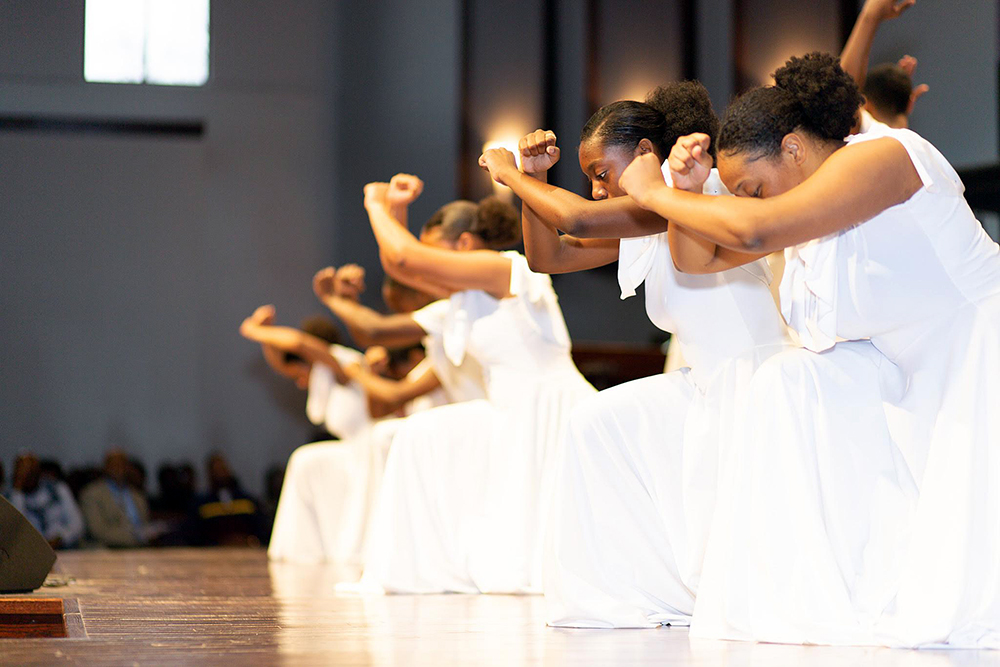
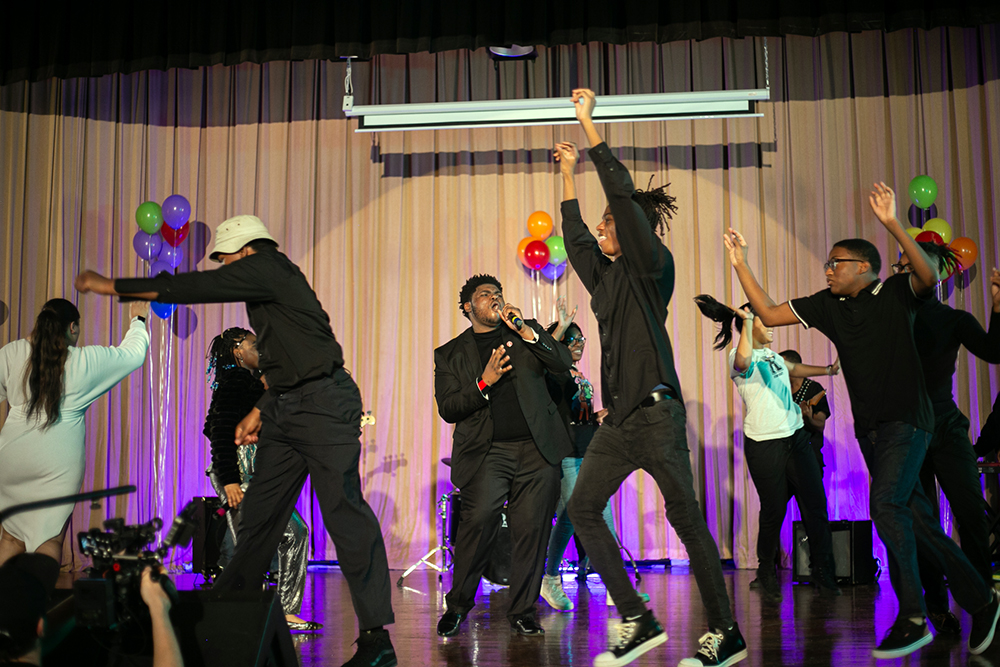


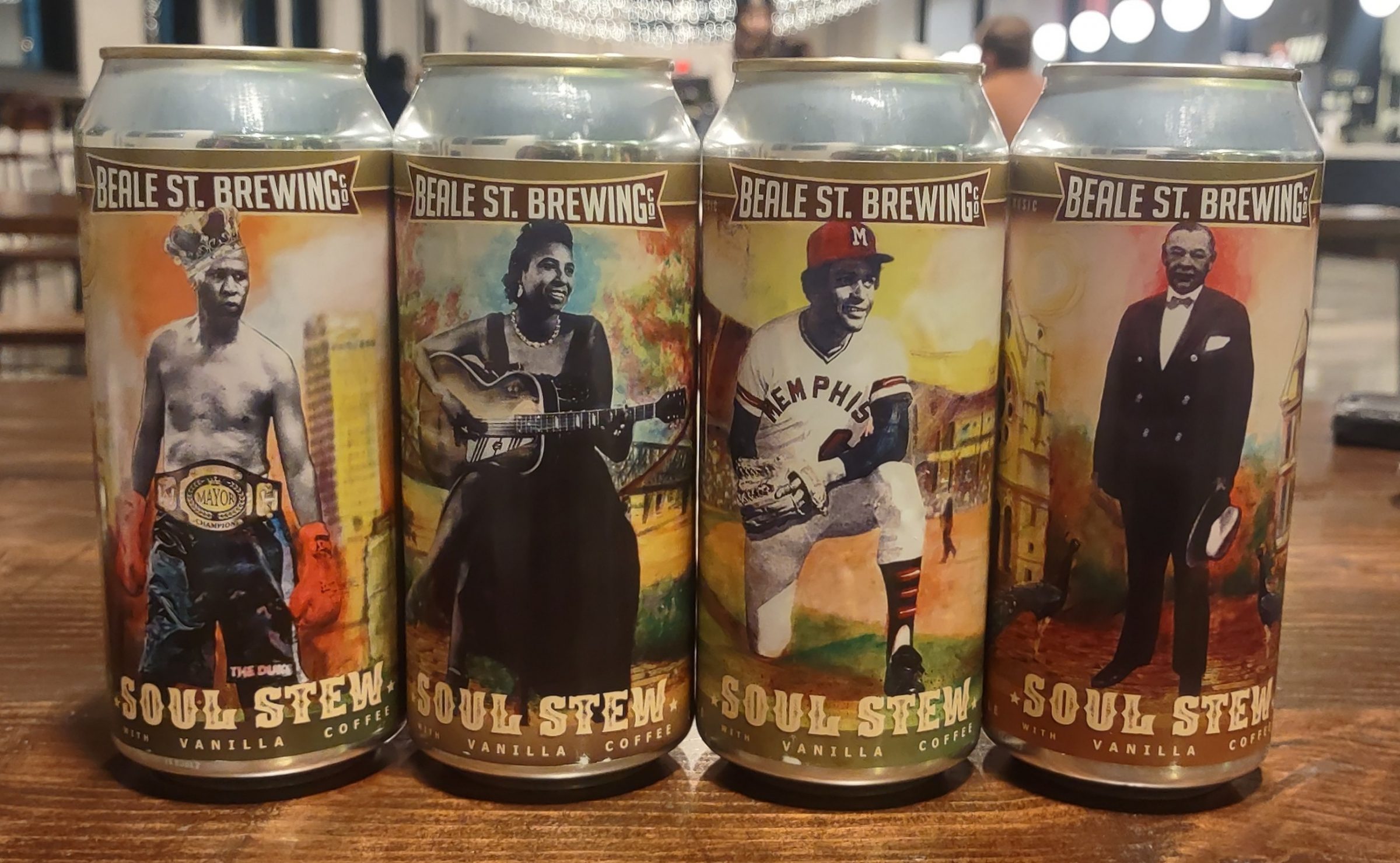
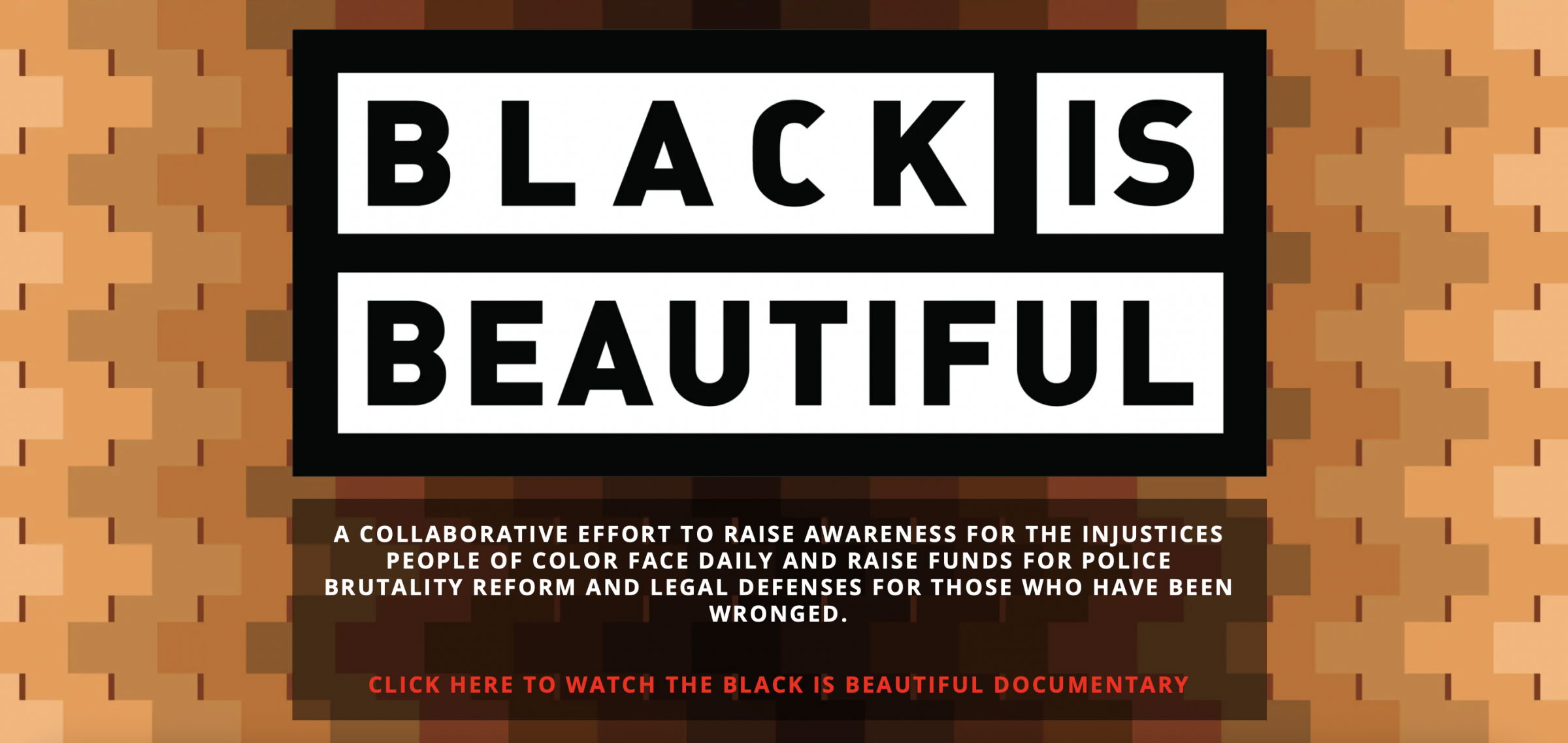
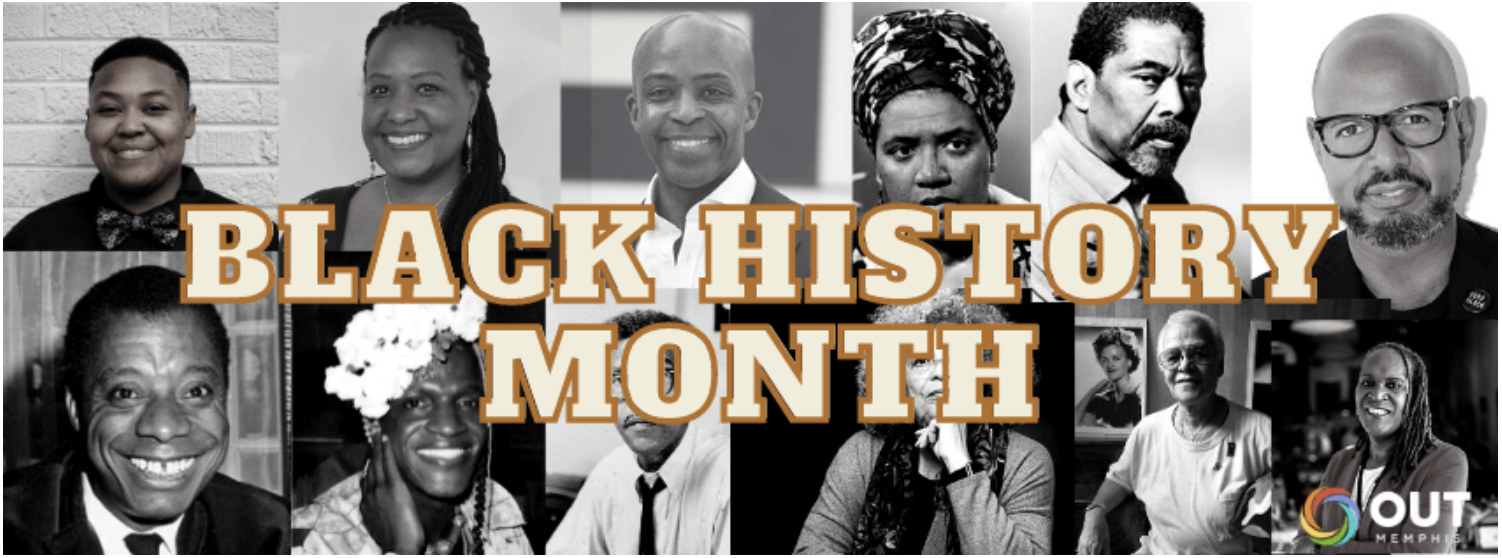
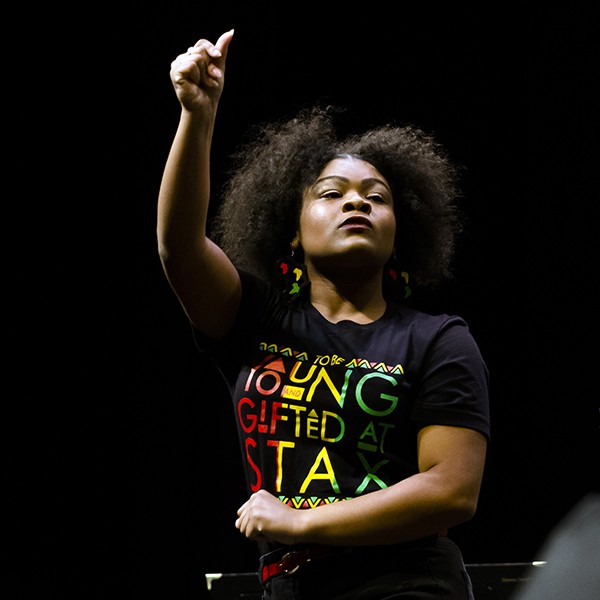 Courtesy of Stax Music Academy
Courtesy of Stax Music Academy  Courtesy of Stax Music Academy
Courtesy of Stax Music Academy 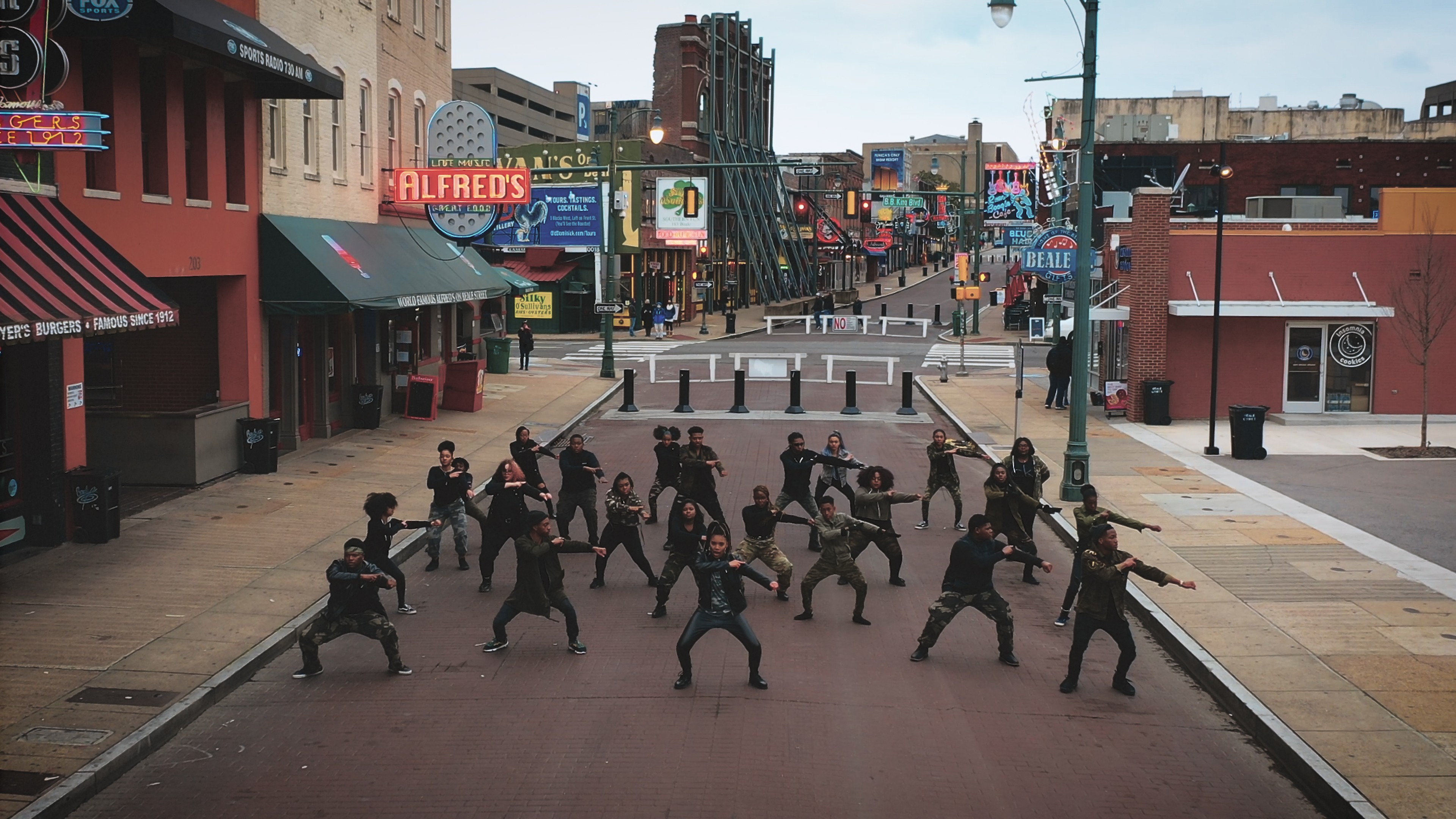 Billie Worley
Billie Worley 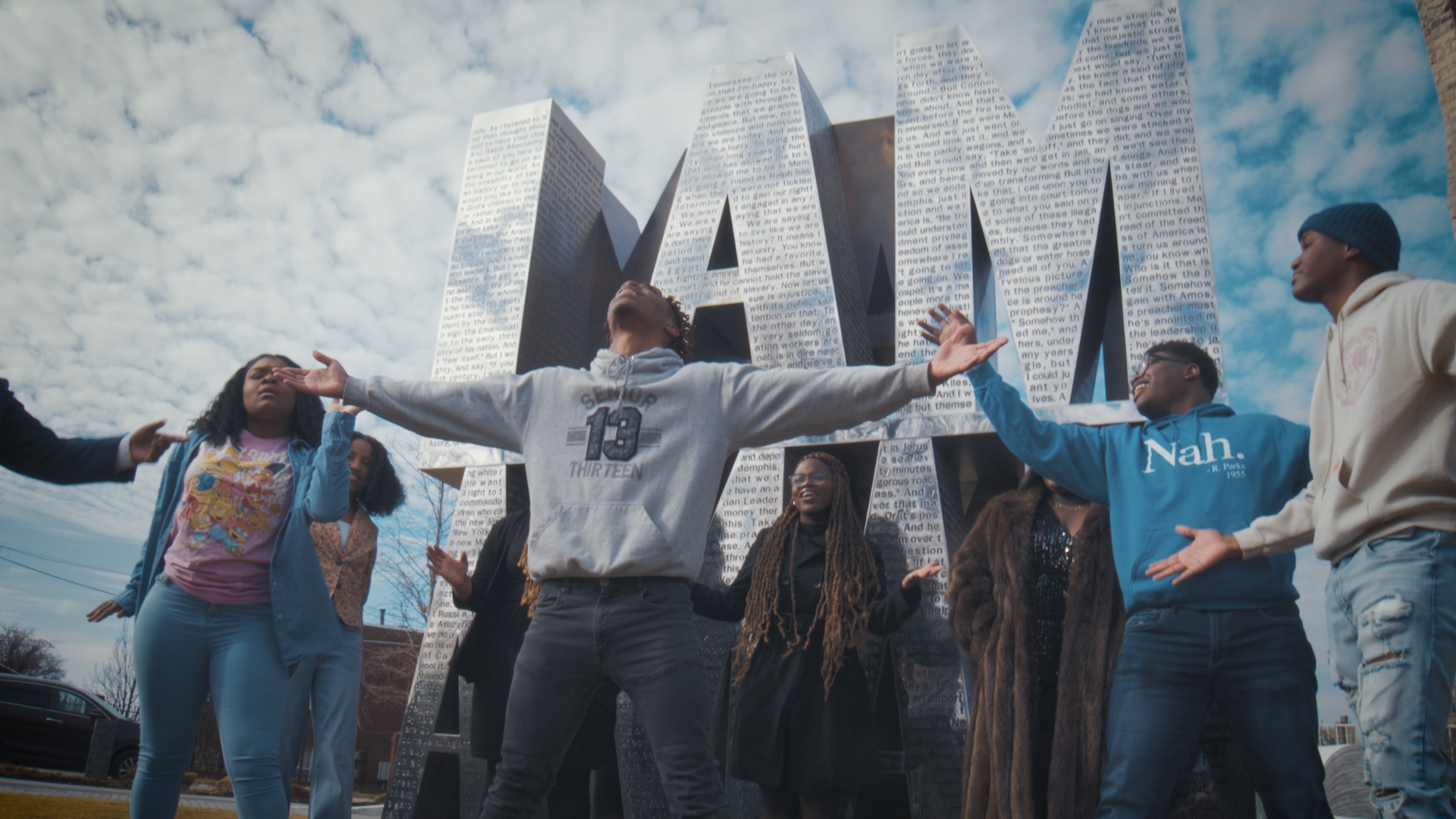 Billie Worley
Billie Worley 
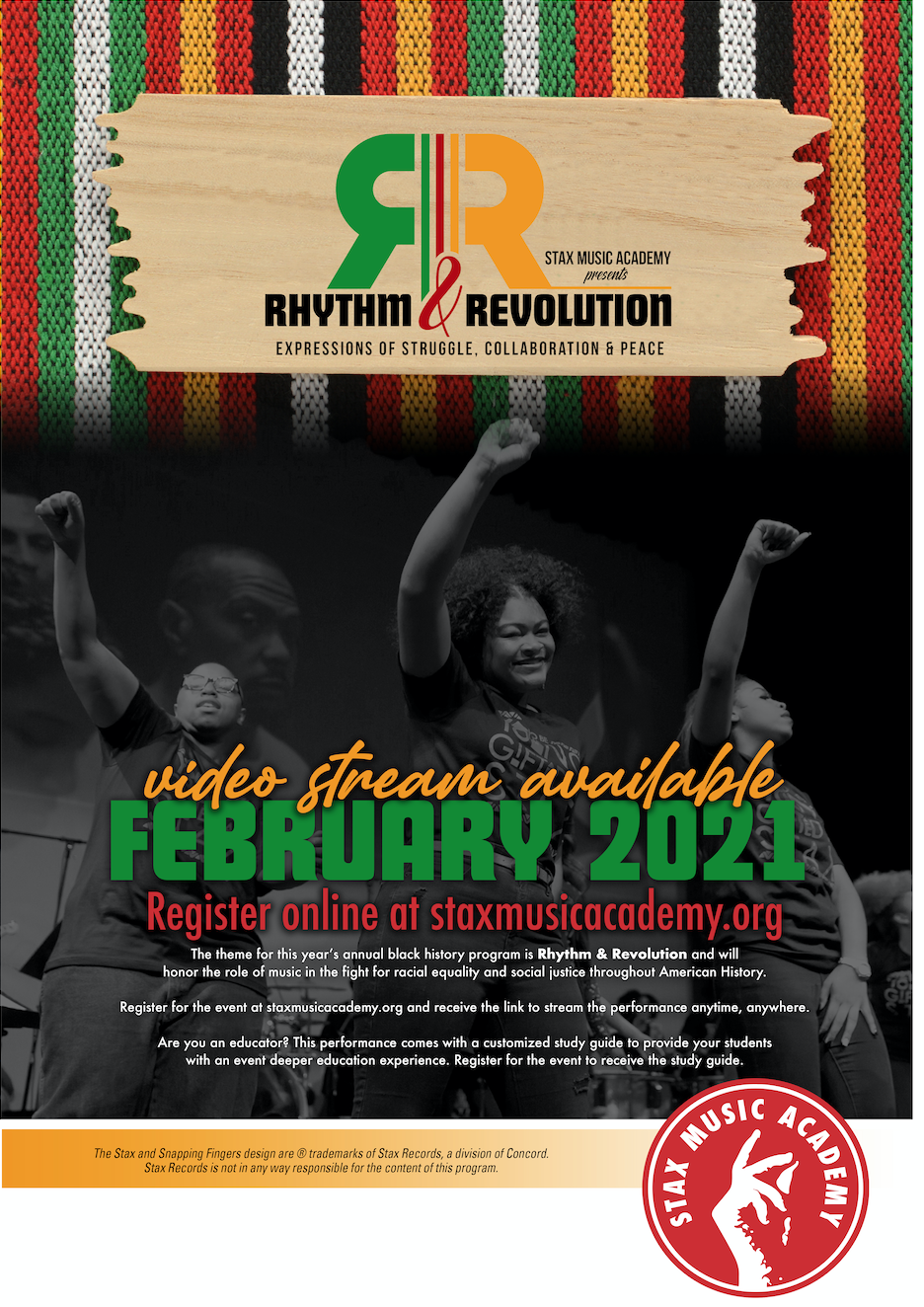
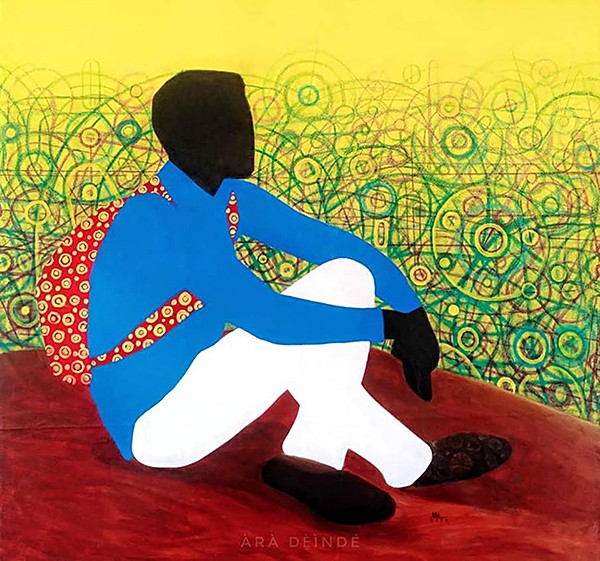 Courtesy Urevbu Contemporary
Courtesy Urevbu Contemporary 
